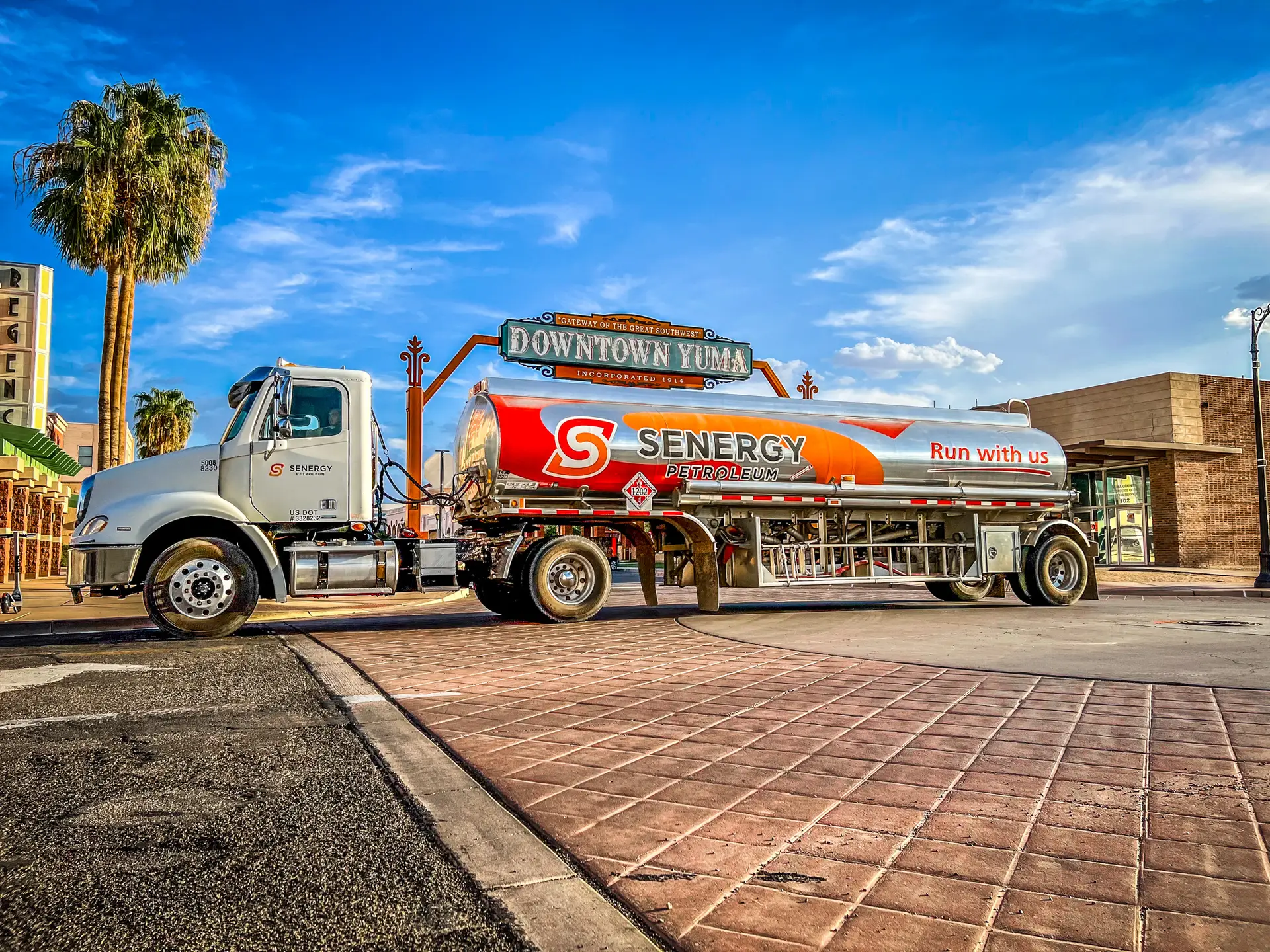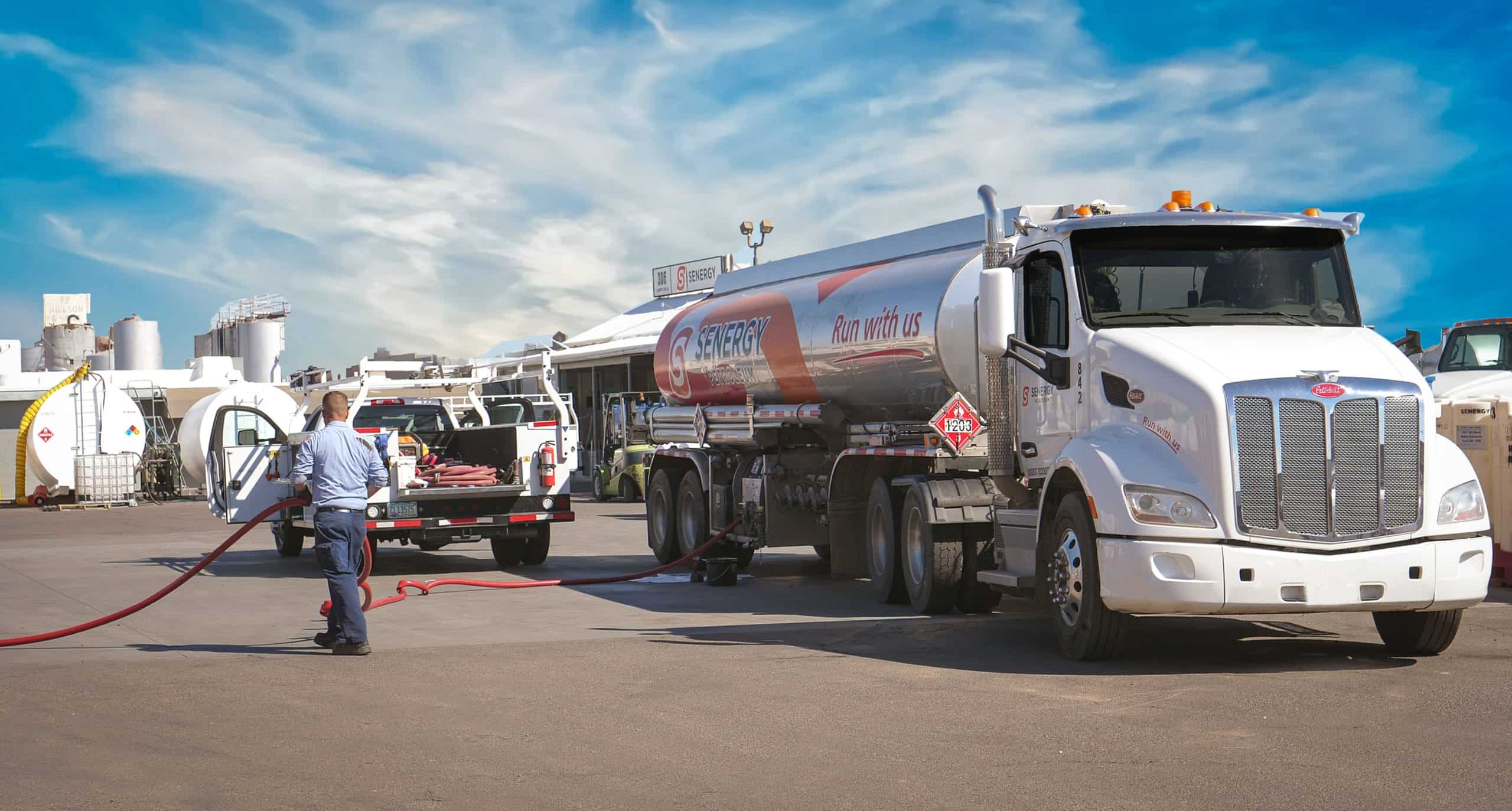In industries where transportation, equipment, and daily logistics depend on fuel, reliable delivery is more than a convenience—it’s a necessity. Businesses such as fuel stations, farming operations, construction companies, and government fleets can’t afford interruptions in access to fuel. When a supplier fails to meet delivery schedules, operations can stall, leading to lost revenue and frustrated customers. Reliable fuel delivery keeps equipment running, vehicles on the road, and employees productive. Without it, downtime becomes a constant risk. While disruptions may seem minor at first, over time they create long-term financial strain. Partnering with a dependable provider eliminates uncertainty, reduces risks, and ensures a steady workflow. In the end, the ability to count on reliable fuel services is what separates thriving operations from those constantly battling interruptions.



